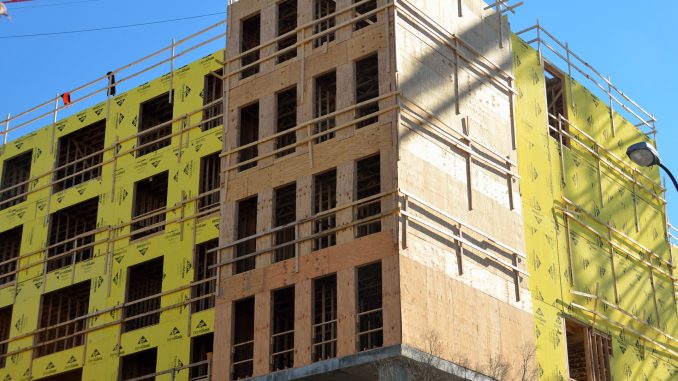
Syndicated mortgages refer to one mortgage agreement financed by 2+ investors. Let’s imagine a developer is setting up condos in town and needs funding. Multiple investors can come together and help finance the loan ensuring everything develops as required. The syndicated mortgage provides investors with a way to earn on their funds with a set interest rate.
Many people associate syndicated mortgages with other investment vehicles including MICs. With MICs or Mortgage Investment Corporations, the projects are often pre-selected, which isn’t the case in syndicated mortgages. Investors are able to handpick specific projects before funding the loan.
Syndicated Mortgage Investments
All syndicated mortgages require investors to have their name on the title as “charge holder.” This is done as collateral in case payments aren’t made after the development falls apart. More and more developers are using syndicated mortgages as a way to secure funding while making new developments.
Since there are several financial requirements associated with high-value developments (i.e. conception plans, foundational work, designing), a syndicated mortgage helps fill the gap. It provides a way for developers to work on the project without missing out on potential opportunities due to lack of funding.
Investors still need to be wary with regards to who is receiving the funding, their track record, and what type of project is being completed. Each variable has a role to play in whether or not the investment is a successful one. For syndicated mortgages, most firms will do their homework in detail before moving forward with the funding. They will assess each detail including the developer’s credentials and where the development is taking place.
Various financial professionals can be involved in the research phase to assess the investment’s merits.
Please note, syndicated mortgages cannot be listed as securities under the law. This means most investors are able to invest in syndicated mortgages.